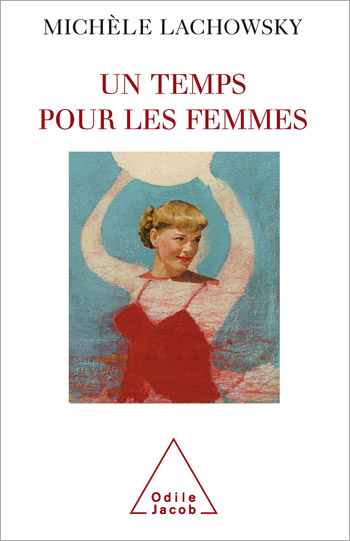Testimonials, News, Investigations All books

François Dalle
The L'Oréal Adventure
It is difficult to imagine that in 1948 L'Oréal was a small company operating mainly in France and in a few neighbouring countries. Over a period of 35 years, L'Oréal's annual revenue rose from $ 30 million to $ 3 billion. This book shows that money and classical management techniques played a minor role in L'Oréal's growth. For François Dalle the company's success can be explained by the wide acceptance by the staff to what he calls the "spirit of L'Oréal" : this is what enabled L'Oréal to diversify its activities, spread all over Europe, Japan and America and successfully manage the hard times of the 1970s and '80s. François Dalle managed L'Oréal from 1948, at first with Eugène Schueller, then as CEO, a position he held from 1957-1985.

Éric Giuily
A Question of Spin Winning Strategies, Losing Strategies
A leading expert reveals in six crucial points how to communicate convincingly

Tommaso Padoa-Schioppa, Beda Romano
The Short-Term View Conversations About the Big Crash
A leading figure in Italian and European politics and economics provides a critical synthesis of the conduct that led to the crash, and suggests paths to be explored to mould new thinking in economics.

Maxime Schwartz, Jean Castex
The Discovery of the AIDS virus The Truth about Gallo/Montagnier affair
In Stockholm, on 10 December 2008, the King of Sweden awarded the Nobel Prize in medicine to Françoise Barré-Sinoussi and Luc Montagnier, for their discovery of the AIDS virus...

Polo Tonka
Conversation with Myself
How does one live with schizophrenia? This exceptional document gives an inside view of the disorder.
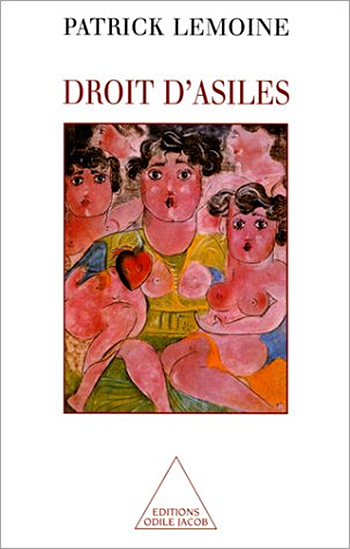
Patrick Lemoine
Right of Sanctuaries
This book is a detailed reconstruction of daily life at the Asile du Vinatier, a psychiatric institution near Lyon, from 1937 to 1945, a period marked by the earliest institutional attempts to treat mental illness. It was also the time when the blindness of administrative rules, the meanness of politicians, and the indifference of society at large resulted in a collective drama: the gradual extermination of mental patients. Patrick Lemoine is a psychiatrist and department head at the Hôpital du Vinatier in Lyon.
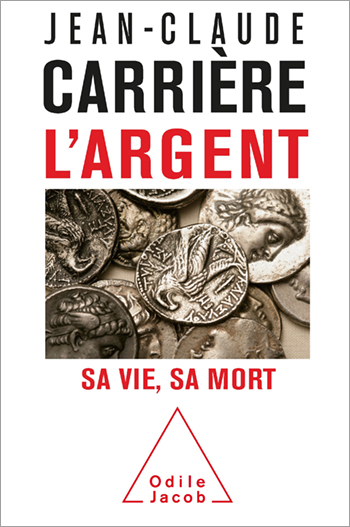
Jean-Claude Carrière
Money
Arguing from a moralist’s point of view, Jean-Claude Carrière contends that money has become an invisible, all-powerful force

Hervé de Carmoy
The Bank of the 21st Century USA, Great Britain, Japan, France
This past decade has seen a profound modification of the banking environment due to technological mutations and a globalization of economy. What is the future of one of the oldest trades in the world, the money trade? What will tomorrow's bank look like?Hervé de Carmoy gives a thorough account of the recent banking evolutions in the United States, in London, in Japan, as well as in countries in full expansion, such as China. He takes stock of the setting up of bank industry in France. He questions the impact of drug money on financial circulation and diagnoses the emergence of a new banking model, the "Dividend-Bank", centered around transparence, rigour, profit and the obsession with clients. Former administrator-in-chief of the Midland Bank in London, Hervé de Carmoy is currently chairman of the BIMP. He is the author of "Banking Strategy".
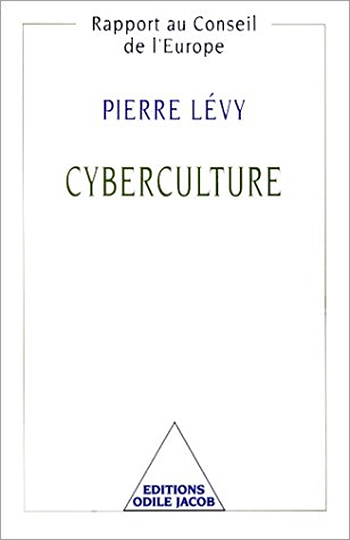
Pierre Lévy
Cyberculture
What is cyberculture? What are the social and cultural implications behind this technical phenomenon? Could it be held responsible for altering our relationship to knowledge? These are some of the questions addressed in Cyberculture, which covers such aspects of new technology as numerisation, navigation, memory, programming, software, virtual reality, multimedia, interactivity, and electronic mail. Written for the non-power user, this is a clear, complete and highly accessible presentation of new technologies, their uses and future stakes. Pierre Lévy is a philosopher who teaches at the University of Paris-VIII, in the hypermedia department.
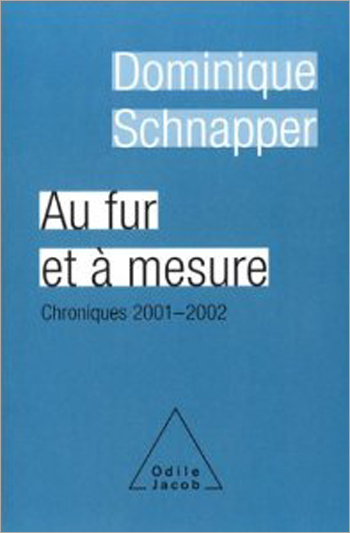
Dominique Schnapper
As Time Goes By A Chronical of 2001-2002
From a mythical meeting in the year 2000, to From our almost mythical appointment with the year 2000, to the presidential upheavals in 2003, this book presents the first expansive record of our entry into a new century. Through insightfully chronicling the passage of time, with both emotion and analysis, the author is able to present us with a picture of our contemporary world. Dominique Schnapper is a director of studies at the École des Hautes Études en Sciences Sociales.





